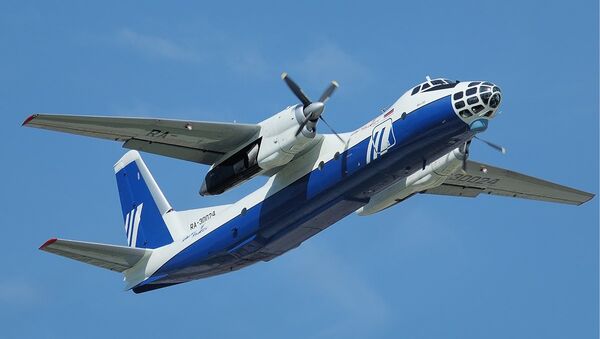Russian inspectors planned to conduct the observation flight on board an An-30B plane over Turkish territory on February 1-5, but they were refused permission to do so after they arrived in Turkey and announced the flight route.
"Observation flights are conducted when both parties reach an agreement in regard to the flight plan. In regard to the observation flight requested by the Russian Federation for February 2-5, 2016, the parties were unable to agree the flight route and, therefore, it was not conducted," Turkish Foreign Ministry press secretary Tancu Bilgica said.
Sergey Ryzhkov, a senior official in the Russian Defense Ministry, said on Tuesday that Ankara had violated the Open Skies Treaty by not allowing Russian inspectors to conduct the scheduled inspection flight, and noted that Moscow would not leave the incident without a proper response.
According to him, the flight route was devised to inspect, among other districts, areas close to the Syrian border and locations where NATO Air Forces are deployed.
The Open Skies Treaty was signed in 1992 and currently involves 34 states. Russia ratified the treaty in 2001. The main goals of the Open Skies Treaty are to promote transparency and openness, to assist with the supervision of the implementation of agreements in the field of arms control and to prevent possible crises.



